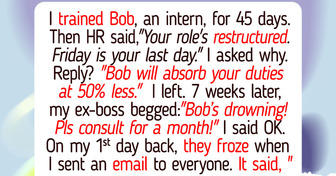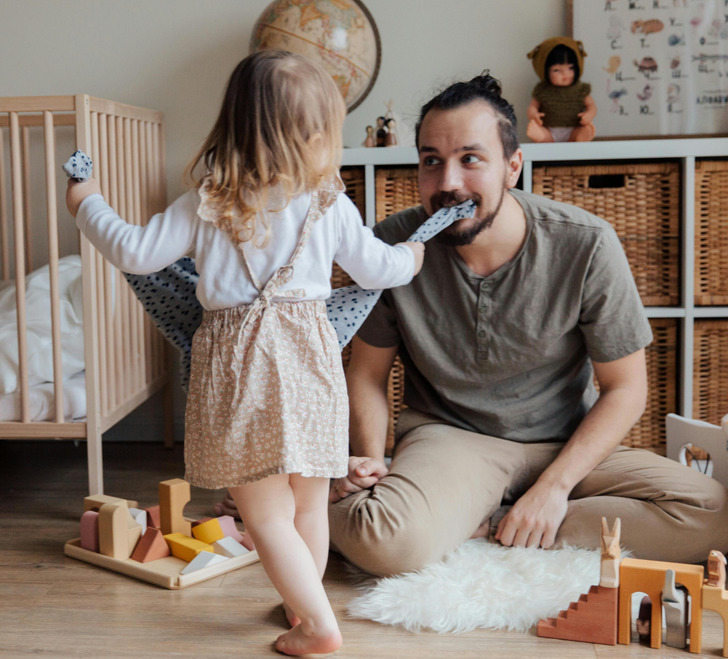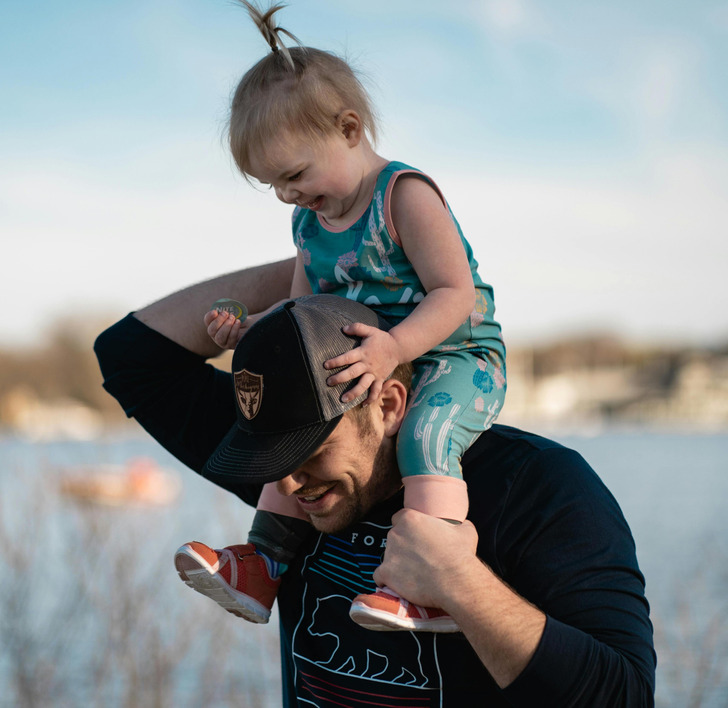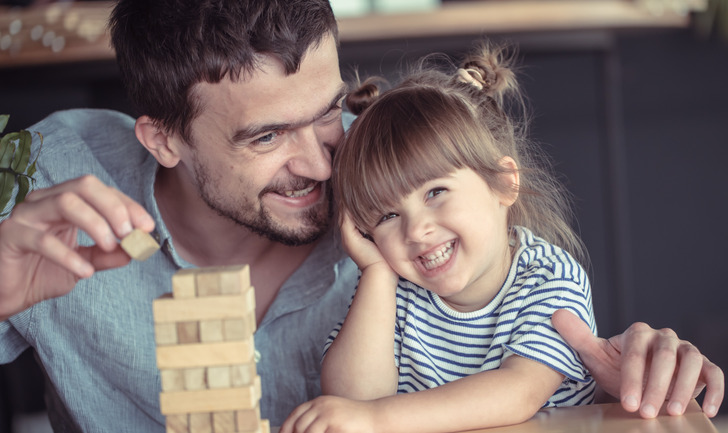When our daughter was born my husband told me he had no idea how much love he had. He did spoil her a lot.
Fathers of Girls May Live Longer, Study Finds
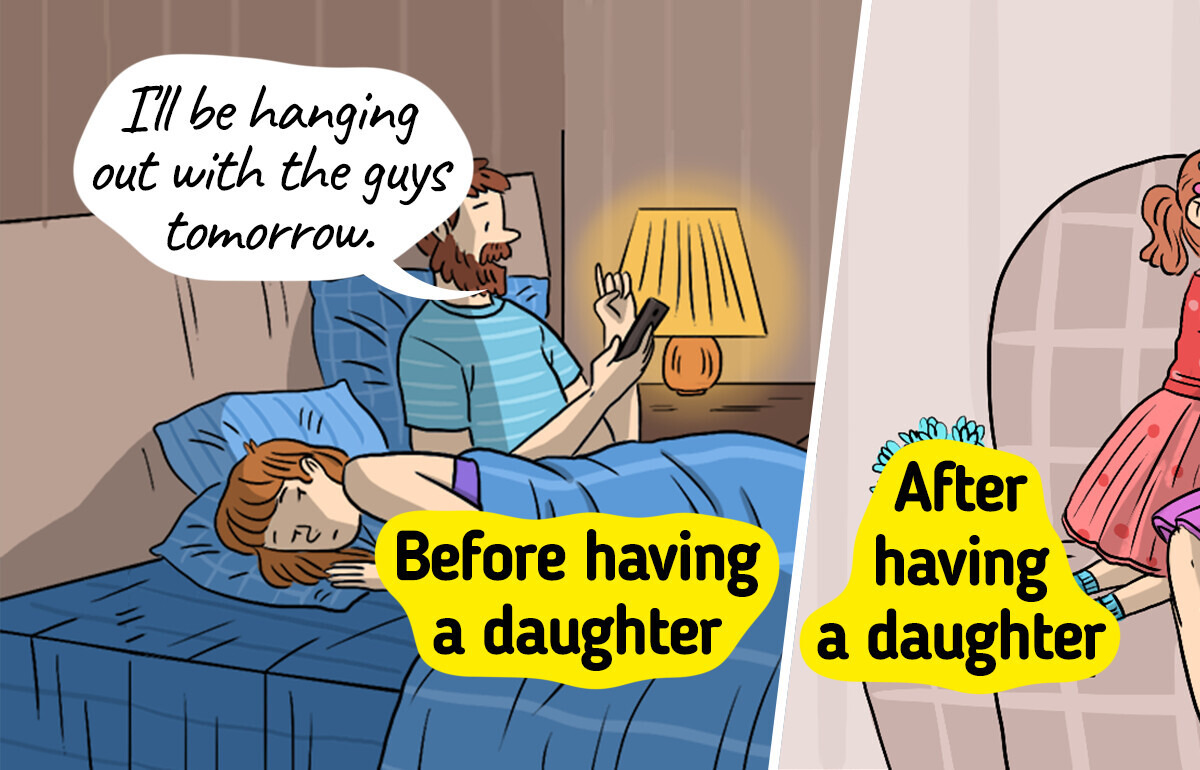
Being a girl dad is a rollercoaster ride for fathers. They may find themselves playing princess, doing makeovers and nails, and playing games that will cater to their daughters’ happiness. In an excerpt from Dwayne Johnson’s Instagram, he stated, “Every man wants a son, but every man needs a daughter.” As interesting as being a parent is, there are intriguing findings that girl dads may live longer, which this article will tackle.
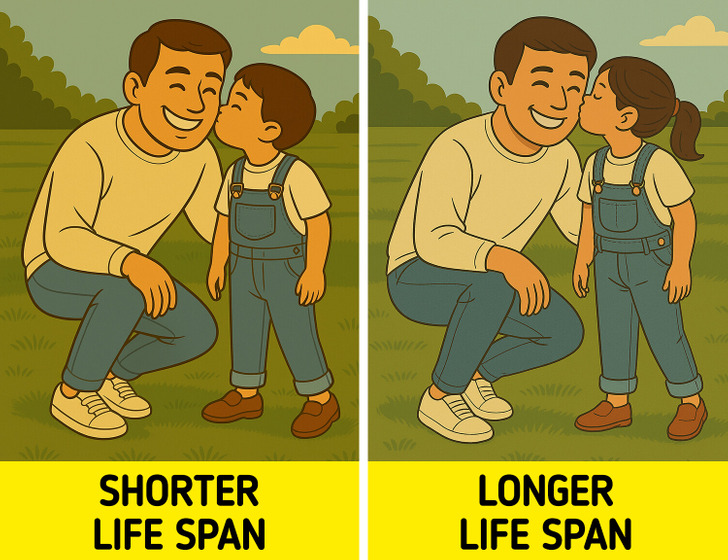
Research from Jagiellonian University revealed in their data that fathers tend to live longer with each daughter they have, about 74 extra weeks of life per daughter. Data indicate that girls’ dads may enjoy life longer, and this prompted the study of the impact of childbirth or children on fathers’ health and longevity, which has yet to be explored.
Based on this study, it can be interpreted that there is a difference between fathers who have daughters, as implied that they live longer; however, there is not much impact from fathers with sons. As to how and why, further research is recommended by experts, but influences of daughters in fatherhood play a big factor.
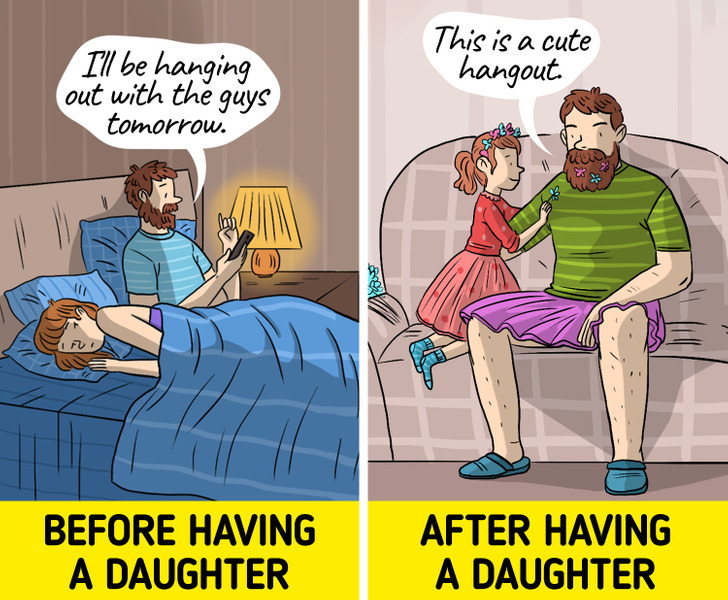
Some studies enumerate the psychological benefits of having daughters for fathers, as raising one can influence their attitudes and behavior. Fathers with daughters experience a range of psychological benefits that enhance their emotional and mental well-being. Research shows these dads often become more emotionally expressive, empathetic, and open in communication, which improves their emotional intelligence and mental health.
Having a daughter can also boost a father’s self-esteem and give him a stronger sense of purpose as a caregiver.
Spending time with their children can actually change fathers’ hormone levels and brain activity, helping them adjust to parenthood in ways that have often been overlooked, says Professor Marian Bakermans-Kranenburg, a child and family relations expert at Vrije Universiteit Amsterdam and formerly of Leiden University in the Netherlands.
A key player in this may be oxytocin, a hormone linked to bonding. A study showed an increased level of oxytocin when fathers play with their children. Oxytocin helps reduce stress and anxiety. Because of this, it might help explain why being a parent can lead to a longer life.
Fatherhood may be stressful and a big responsibility, but it also offers significant mental and physical benefits. Just as noted with the studies above, which include increased empathy, longer life, improved mental health, and greater happiness and satisfaction.
What does it feel like to be a girl’s dad?
Girl dads of the internet shared their personal experience with fatherhood:
- The only word I can think of is “Awesome.” I have three daughters and love all of them without condition first.
My oldest learned to read at a VERY young age of four because her daycare taught her phonics. She read me the bedtime stories, so go figure? My second is smart also, but is the social butterfly. Never a dull moment.
My third daughter has come out a bit selfish, which I am working on. Everything is “Mine, mine.” She does not live with the two older daughters.
The bottom line is that your daughter will pick up on your actions and emotions. Be kind and loving to the Mom. Teach that young girl how to read and enjoy books as soon as you can. Do NOT just give them a TV show to watch to keep them out of your hair. Be interested in and attend every event or sports match of theirs that you can. © Andrew D Reeves / Quora - That I am the first male figure in her life, and what I do can affect how she may view the opposite sex for a very long time. It’s like this little 4-year-old girl challenges me to be a better man every time I look at her. It feels like such an honor and a massive responsibility all at the same time. © turkeysteed / Reddit
- It is awesome, as I have two great daughters whom I love and think the world of! It was so much fun (but challenging at times) to see them grow and mature into adults and see them become great wives and mothers. I am so proud of them both and do what I can to continue to support and encourage them.
Certainly, as a dad, you are protective of your daughters, and it can be difficult to let them go as they grow into adults. It can also be heartbreaking when you see their decision not as you would like and then see the results of them, but still love and support them and encourage them, and provide counsel and help as makes sense as adults.
I would say it is so important for dads to be active and involved in parenting and to show your daughters how they should be treated by loving and respecting their mom! © Gary Kehr / Quora - The most stressful part of being the father of daughters is that you become the paradigm of male-ness to them, whatever that may be. Think about it: for her formative years, a father represents half the population of the planet. It’s humbling.
But all that pressure and stress go out the window when she runs to hug you when you pick her up from school, or waves to you from the stage at the school play. In those moments, you’re not 50% of the population. You’re the only one she has eyes for.
I have a son, too, and I love him dearly. But daughters are different. If you have any kind of heart, they change you. I am better because of my girls. © smalvarad0 / Reddit
Fatherhood is a big responsibility and an amazing experience. Find out what fatherhood is all about with this link.
Comments
Related Reads
11 Narcissistic Traits of Mothers Who Don’t Even Know They’re Ruining Their Kids’ Lives

Michael Jackson’s Daughter Called “Most Beautiful Woman in the World” — People Notice One Thing

12 People Who Can’t Forget the Staggering Things Their Partners Once Said

“Looking Good for 60,” Sandra Bullock Reunites With Keanu Reeves After 30 Years — Fans Can’t Stop Talking About One Thing

Blake Lively Stuns in a Sheer Dress, Everyone Notices the Same Thing About Her Legs

12 Signs of a Messy Look That We Notice in Others, but Miss in Ourselves
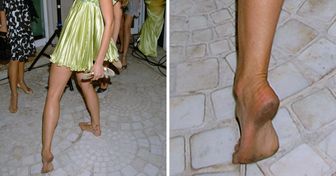
12 Stories That Capture the Sweet and Sour Memories of Blended Families

My Boss Publicly Shamed My Small Charity Donation—So I Revealed Exactly How Much He Gave

15 Moments That Show Quiet Kindness Is What Really Holds the World Together
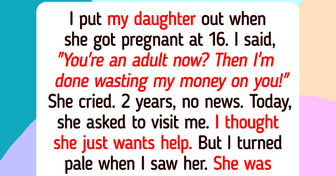
I Forbade My Stepdaughter From Eating Meat — My House, My Rules

I Refused to Pay for Our Valentine’s Dinner—Then I Learned the Heartbreaking Truth

I Was Fired After Training My Replacement, Now My Boss Is Begging Me to Come Back
